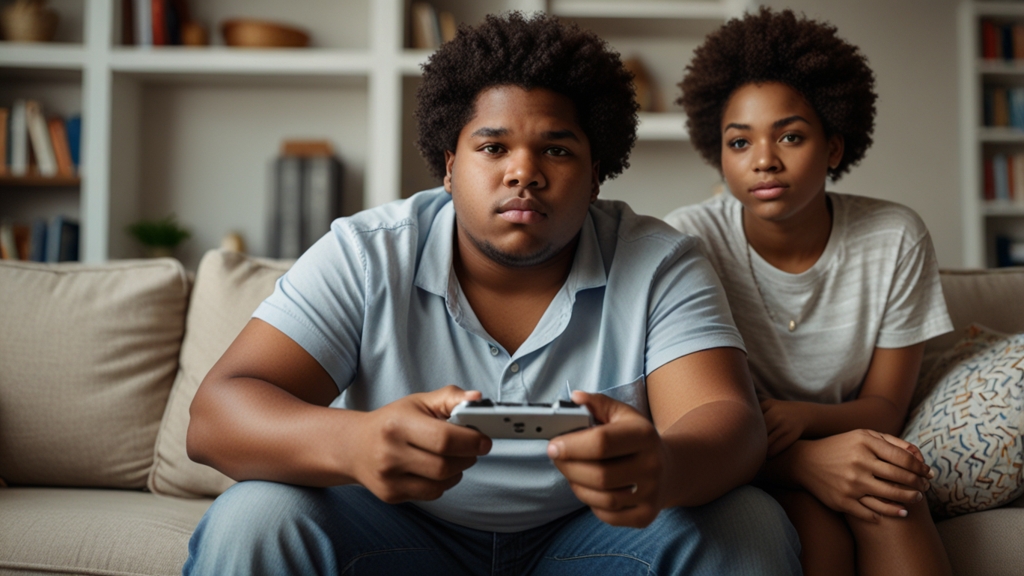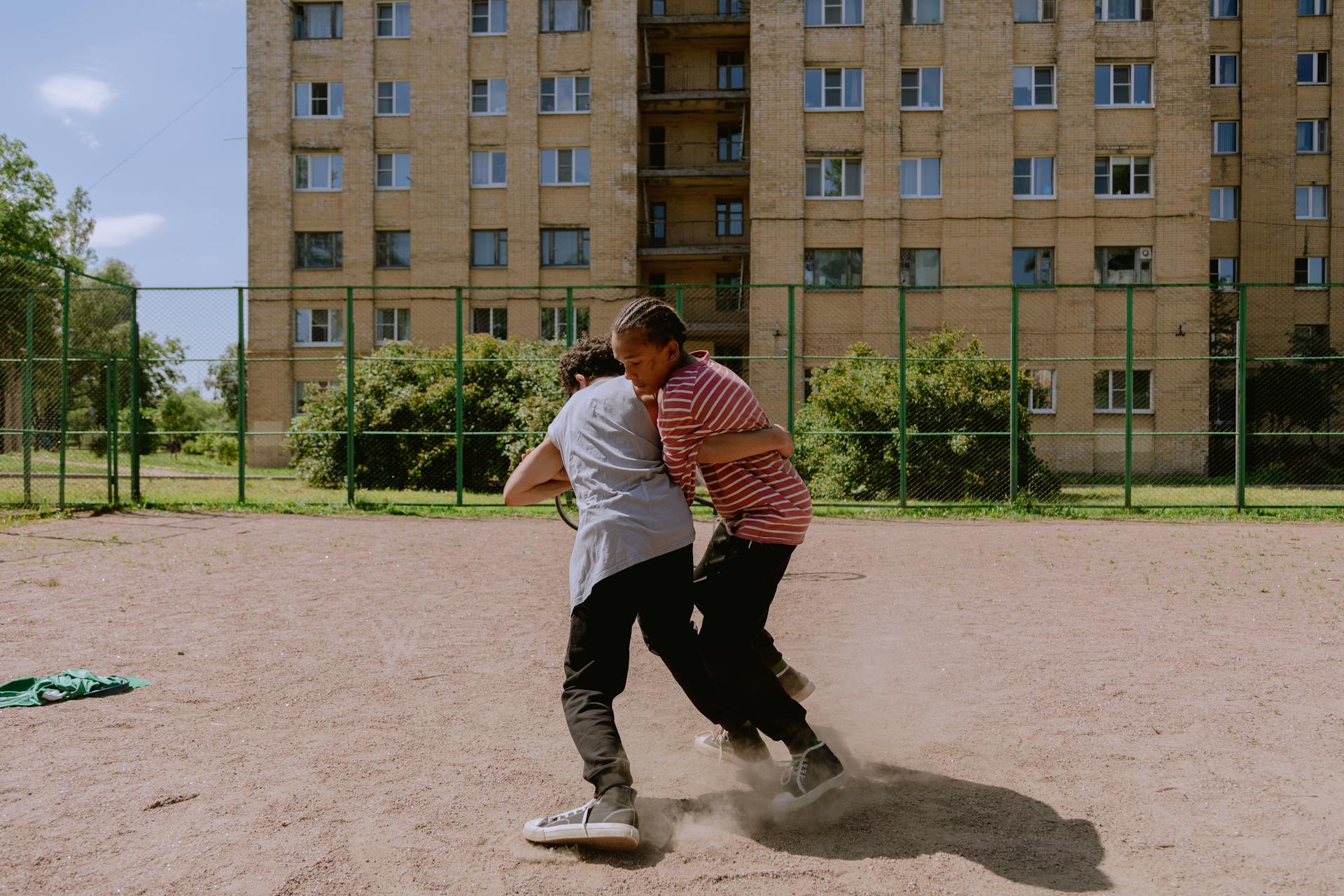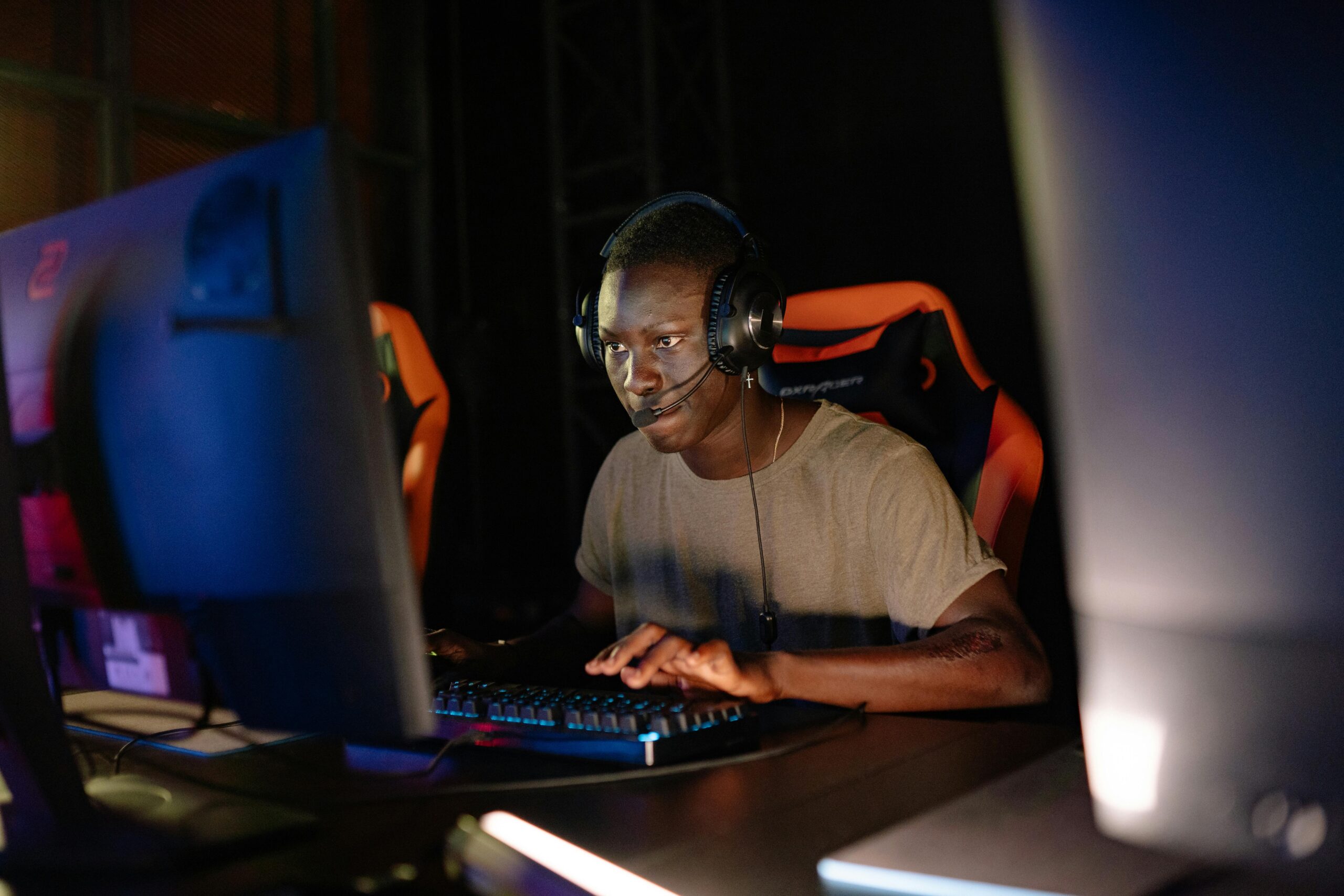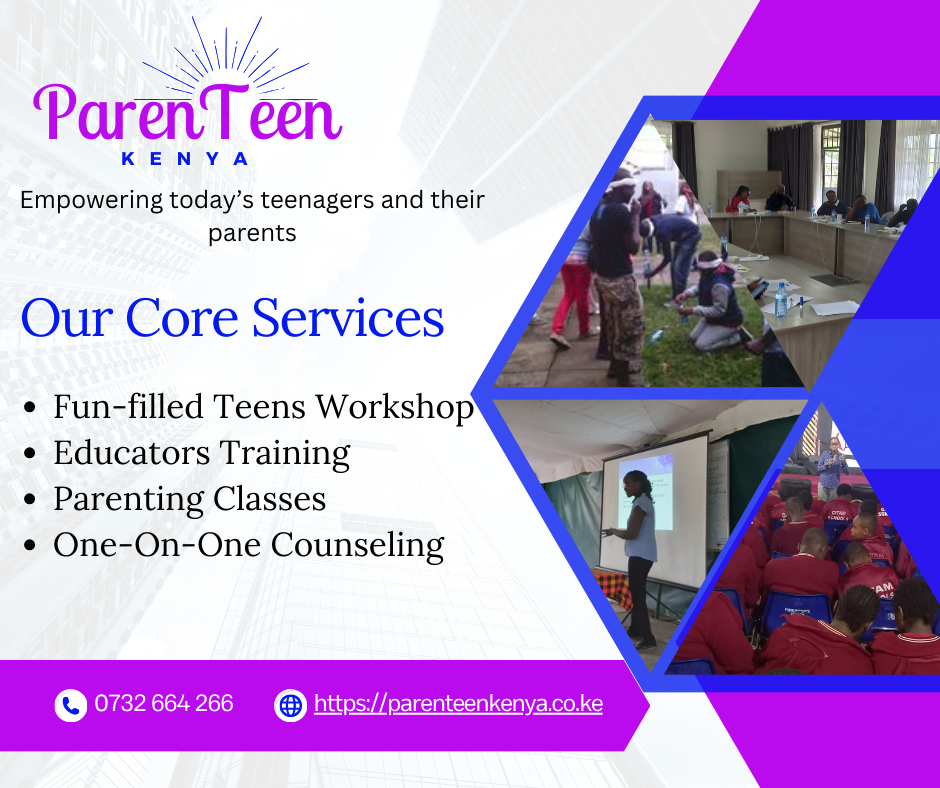I know video games are awesome.
They’re exciting, engaging, and can be a total escape from the everyday stress of school, homework, and family drama.
But here’s the thing: what starts as a fun way to unwind can quickly turn into something that’s messing with your life.
Most gamers have been there; just “one more game” turns into hours of non-stop playing.
Before you know it, you’re stuck in a cycle that’s slowly pulling you away from the things that really matter.
Your friends, your family, your studies, all start to fade into the background while your virtual world takes over.
This isn’t about judging your gaming.
It’s about understanding how something you love can accidentally become something that’s holding you back from doing what matters most in life.
Ready to learn how playing video games too much affects you? Let’s get to it.
Reduced Physical Activity and Sedentary Lifestyle Risks

When you’re deep into a gaming session, your body silently pays a massive price.
It’s not just about sitting still.
It’s about a complete shutdown of your physical potential.
The human body is designed for movement, for adventure, for living, not for being a stationary object trapped in a gaming chair.
What exactly happens when you choose gaming over physical activity? Here are the key physiological impacts:
- Slower Metabolism: Your body burns calories more slowly, making it easier to gain weight.
- Weaker Muscles: Your muscles lose strength and shrink because they aren’t being used enough.
- Poor Heart Health: Your heart and blood circulation don’t work as well, which can make you tired faster.
- Bad Posture: Sitting too much can lead to slouching or back problems over time.
- Blood Sugar Problems: Your body might have trouble using sugar properly, increasing the risk of health issues like diabetes.
- Higher Risk of Weight Gain: Being inactive can lead to gaining unhealthy weight.
- Less Energy: You might feel weaker and get tired easily when doing physical activities.
- Chronic Health Issues Earlier: Health problems like diabetes, heart disease, or joint pain could show up earlier than they should.
Let’s get real with a comparison of what a sedentary lifestyle looks like now versus in the future:
| Life Stage | Sedentary Lifestyle Now | Potential Future Consequences |
| Teenage Years | Weak muscles | Difficulty in basic physical activities |
| Early 20s | Weight gain | Increased risk of obesity |
| Late 20s | Chronic back pain | Potential early onset of joint problems |
| 30s | Reduced stamina | Difficulty keeping up with physical demands |
| 40s | Potential metabolic issues | High risk of diabetes and heart problems |
| 50s and beyond | Potential early mobility limitations | Significant health complications |
Think about professional athletes or even just active teenagers. Their bodies are efficient, their muscles are prepared and ready, and their metabolism is burning strong.
In contrast, a chronic gamer’s body becomes a shadow of its potential. Posture begins to deteriorate: rounded shoulders, weak core, and compressed spine.
What starts as uncomfortable sitting positions becomes long-term structural damage.
The psychological impact is equally devastating. As your body weakens, your confidence drops.
Physical activities that should be fun – sports, dancing, hiking – become intimidating.
You’re creating a cycle of inactivity that becomes harder to break with each passing day.
Learn more: From Puberty to Adulthood: 7 Key Challenges of Adolescence
Increased Risk of Addiction and Escapism
Addiction creeps in like a silent predator disguised as harmless entertainment.
Video games are designed to trigger your brain’s reward systems, creating a cycle of psychological dependency.
The journey of gaming addiction typically progresses through these stages:
- Getting interested and playing for fun.
- Playing longer and feeling more connected to the game.
- Starting to feel like you need to play.
- Spending less time with friends and family.
- Using games to avoid real-life problems.
- Feeling anxious, stressed, or even depressed.
- Not caring about school, hobbies, or goals.
- Playing longer to feel the same excitement.
Let me paint a picture of how this happens. Initially, gaming is just fun—a way to unwind and experience something exciting.
But game developers are psychological experts. They understand exactly how to keep you engaged, and your brain starts to change.
Real-world challenges seem boring compared to the instant gratification of gaming.
Why struggle through a difficult math problem when you can level up in a game and feel immediate success?
The game provides a controlled environment where you’re always the hero, always making progress.
Escapism becomes your new reality. For example, homework feels overwhelming? You jump into a game. Family argument starts? You remember you have another mission waiting.
If you are having social anxiety? Your online avatar is confident and powerful, so you want to go there to play instead of interacting with your high school friends or other peers.
The game becomes more than entertainment; it becomes a coping mechanism, a virtual universe in which you have complete control. But is it the reality?
Interferes with Study Time and Concentration

Your brain is a powerful learning machine, but gaming turns it into a distracted, overstimulated place.
Concentration isn’t just about focusing – it’s about training your mind to tackle complex challenges.
Primary brain impacts of excessive gaming include:
- Shorter Attention Span: It’s harder to focus for long.
- Struggling with Hard Stuff: Tough problems feel harder to solve.
- Weaker Thinking Skills: Making smart decisions becomes tricky.
- Forgetting Things: It’s harder to remember stuff over time.
- Brain Learns Less: Your brain isn’t as quick to adapt or grow.
- Lower Grades: Schoolwork can get worse.
- Getting Tired Faster: Staying focused for long feels exhausting.
- Mental Burnout: Your brain feels drained more easily.
Modern games are designed to provide constant stimulation. They offer quick rewards, rapid scene changes, and instant gratification. These train your brain to expect immediate results.
But real learning doesn’t work that way.
Understanding difficult mathematical concepts, writing an essay, and solving scientific problems require focused attention.
Your ability to concentrate weakens. Homework that should take an hour now stretches into multiple hours because your brain can’t maintain focus.
You read a paragraph and instantly want to switch to something more exciting. The pathway that supports deep thinking starts to weaken.
If not careful, this reduced concentration affects every aspect of life.
Future job interviews, complex problem-solving, and understanding arguments from all angles. All require the ability to focus and think deeply.
Isolation from Family and Real World Social Interaction
Social skills aren’t something you can just download.
They’re developed through real, sometimes messy, and unpredictable human interactions.
Every hour spent gaming is an hour taken away from real connections with others.
Spending too much time gaming can lead to:
- Trouble reading body language and non-verbal cues
- Lower emotional intelligence and understanding
- Limited development of social skills in face-to-face settings
- Weakened relationships with family members
- Struggles with resolving conflicts
- Reduced empathy and understanding of others
- Limited real-world social experiences
- Increased chances of developing social anxiety
As gaming takes over, family dinners become quiet, and conversations turn into short exchanges. You may be physically present but mentally disconnected.
Parents start to feel like background noise, and siblings become distant.
Gaming can create a predictable world, but life is full of unpredictable moments, such as spontaneous family trips, meaningful conversations, and shared laughter that shape who you are.
Real-life interactions teach skills that no game can, like reading facial expressions, understanding emotional context, showing empathy, and managing conflict.
These are the experiences that help you grow. While gaming may offer control, it’s the unpredictable nature of life that builds real connections and lasting memories.
Related: Why You Must Set Healthy Boundaries with Your Teen Friends
Reduced Impulse Control and Increased Aggression

Impulse control is the brain’s ability to pause and think before acting.
Gaming undermines this important psychological mechanism.
Key neurological impacts of excessive gaming include:
- Changed Brain Chemistry: Your brain reacts differently to rewards from activities.
- Weaker Decision-Making Area: The part of your brain that helps you plan and control actions doesn’t work as well.
- Craving Quick Rewards: You start wanting things right away instead of waiting.
- Long-Term Habit Changes: Your behavior can change permanently over time.
- Struggling to Wait: It gets harder to be patient or save for later.
- Acting Without Thinking: You might make more rushed choices.
- Changed Emotions: Your feelings and reactions can become different.
- Less Self-Control: It’s harder to manage your actions and emotions.
A study by Dr. Douglas Gentile, published in Pediatrics, showed that teens who played video games too much were more impulsive (acted without thinking) than their peers who gamed less. Find the study here.
The constant need for quick decisions in games rewires the brain, making teens more likely to act on impulse in real life.
Another study by Dr. Brad Bushman’s 2014 research analyzed multiple studies and found a consistent link between violent video games and aggressive thoughts and behavior.
Not every gamer becomes violent, but the subtle psychological conditioning can’t be ignored. Read Dr. Bushman’s findings here.
The most alarming part? This behavior becomes normalized.
What feels harmless in a game starts to show in the emotional responses in the real world.
The brain doesn’t differentiate between virtual aggression and real aggression. Unfortunately, both are processed in the same way.
Are You Addicted to Gaming? We Can Help
At ParenTeen Kenya, we understand how gaming can impact your life, from your emotions to your relationships and goals.
If you’re feeling overwhelmed, stuck, or unable to break free from gaming, we’re here for you.
Our counseling services are tailored for teens, offering guidance to deal with these challenges and build healthier habits.
We also provide training sessions to support personal growth and emotional well-being.
Let us help you regain control and find balance in your life. Ask your parents to reach out to us today.
Jane Kariuki is a devout Christian, Clinician, Psychologist, and founder of ParenTeen Kenya. She authored an exceptional training manual used in her teens’ workshop and an instructional guidebook for her parenting classes. If she is not training, blogging, or counseling, Jane loves to spend time with her sweet husband and three children.








[…] Interesting Read: What Happens to a Teenager Playing Video Games Too Much […]